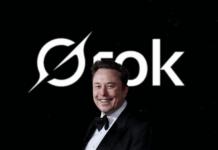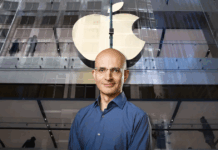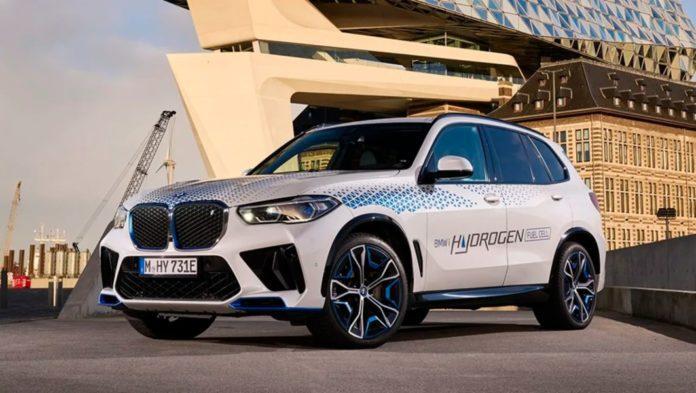BMW, the German carmaker, has announced the introduction of a test fleet of hydrogen vehicles, the iX5, which will utilize Toyota fuel cell technology. This is a big step forward in BMW’s attempts to extend its low-emission vehicle lineup and reach its goal of becoming carbon-neutral by 2050.
The iX5 will be powered by a fuel cell stack, which produces solely water vapor as a byproduct of the interaction between hydrogen and oxygen. Toyota will provide the fuel cell, which has been a pioneer in fuel cell technology and has already developed its own fuel cell car, the Mirai.
Partnering with Toyota
BMW’s choice to collaborate with Toyota on fuel cell technology is a wise one, as it allows them to benefit from Toyota’s experience in this field while also lowering development costs and shortening the time to market. BMW and Toyota have been working jointly on developing hydrogen fuel cell technologies and other powertrain solutions since 2013.
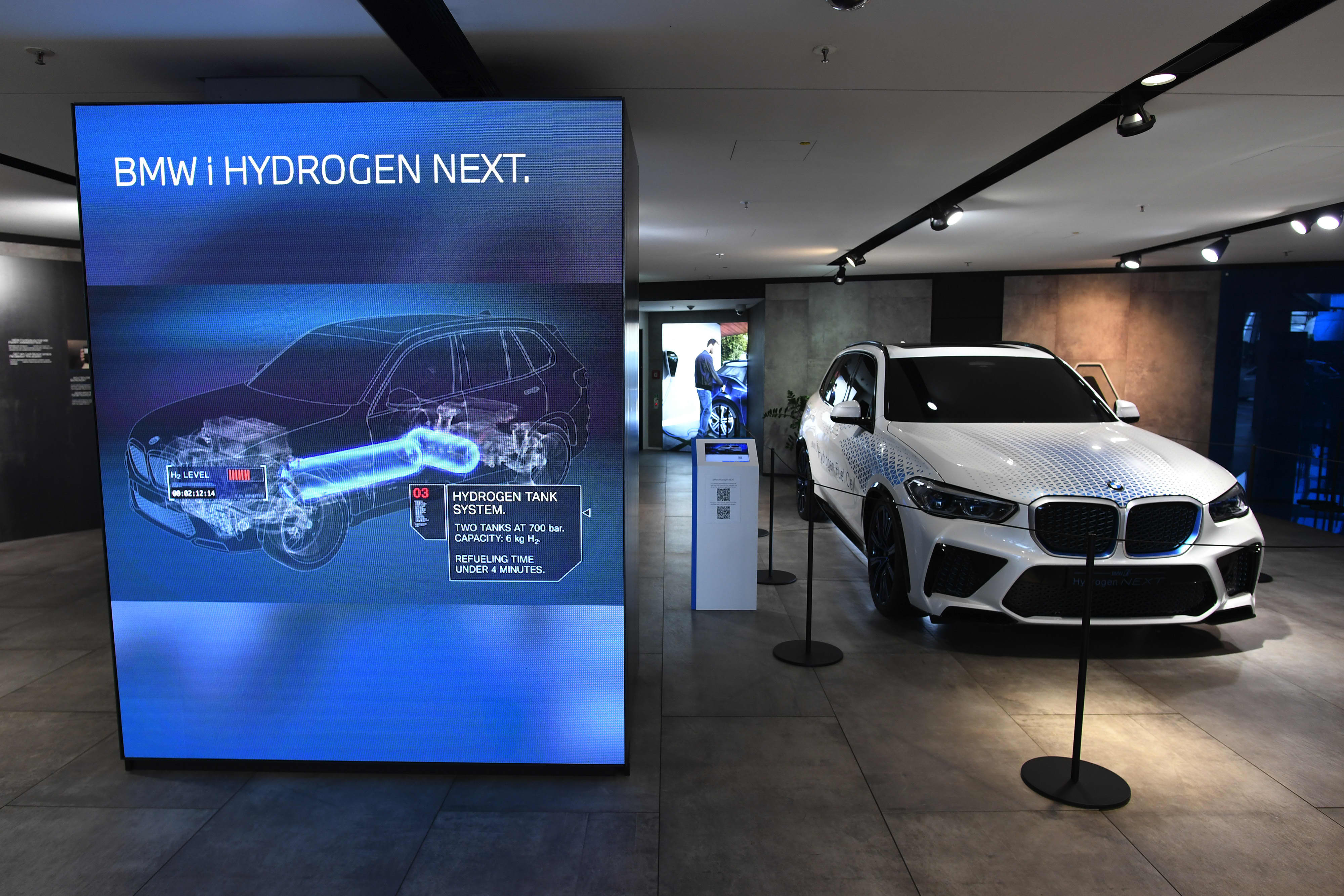
After the release of the I Hydrogen Next concept in 2019, the iX5 will be BMW’s second hydrogen fuel cell car. The I Hydrogen Next was based on the BMW X5 SUV and utilised a BMW-developed fuel cell technology. But, the business has now opted to use Toyota’s fuel cell technology for the iX5, which should increase performance and economy.
The iX5 will have a range of around 500 kilometers (311 miles) on a single tank of hydrogen, making it a viable alternative for long-distance travel. It will also have a quick refilling time of around 3-5 minutes, equivalent to refueling a gasoline automobile.
Why Hydrogen cars?
While hydrogen fuel cell vehicles are currently a very small market, they have some benefits over battery-electric vehicles (BEVs). For one thing, they offer larger ranges and faster recharging periods, making them more suited for long-distance travel and commercial use. Furthermore, they do not need a massive network of charging stations because hydrogen refueling stations may be established in the same way that gasoline stations are.
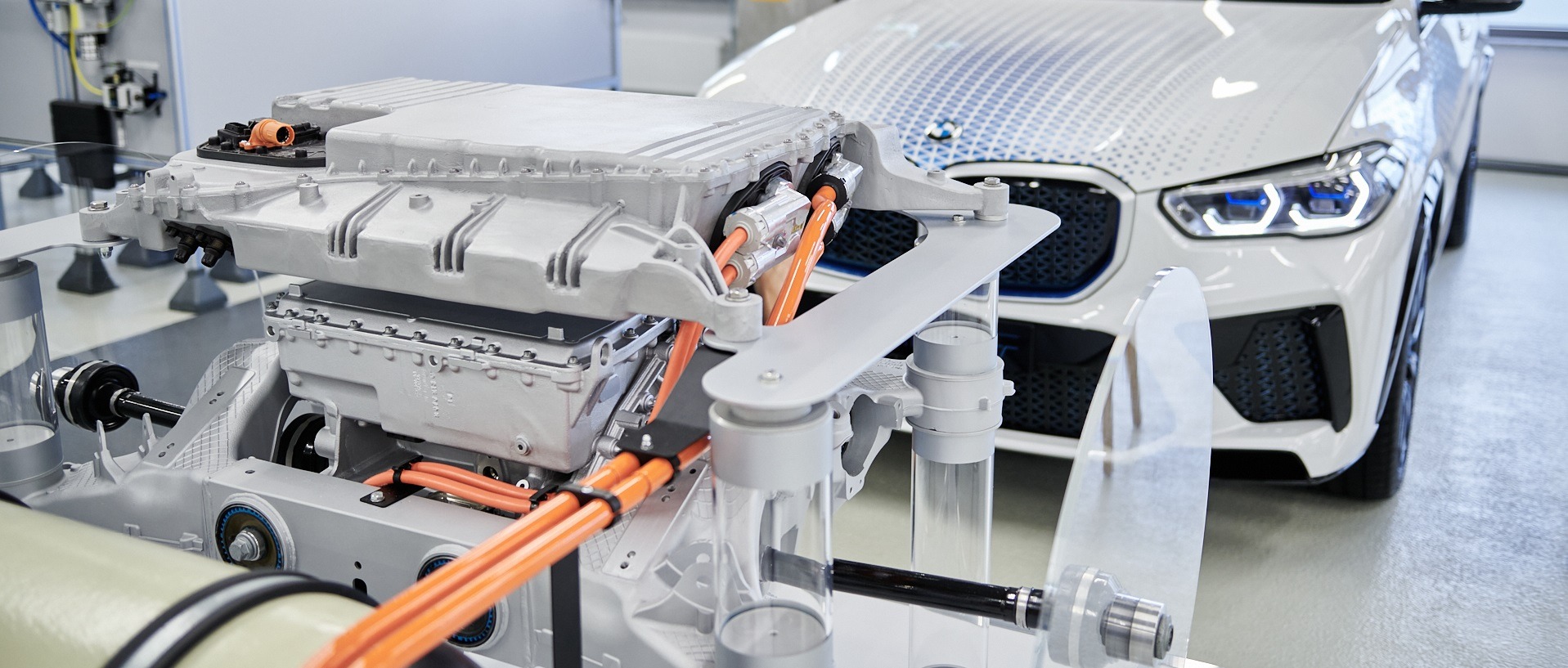
Yet, significant obstacles must be overcome before hydrogen fuel cell vehicles can become commonplace. One of the most significant obstacles is a lack of hydrogen refueling infrastructure, which is presently confined to a few dozen facilities in the United States and Europe. This makes it difficult for customers to buy and utilize hydrogen fuel cell vehicles, limiting their potential for broad adoption.
Another issue is that the cost of creating hydrogen is still greater than the cost of producing gasoline or diesel. While considerable progress has been made in lowering the cost of hydrogen generation, more research and investment will be required to make it a viable alternative to fossil fuels.
Notwithstanding these obstacles, BMW’s plan to establish a test fleet of hydrogen vehicles powered by Toyota’s fuel cell technology is a step forward for the industry. It illustrates that manufacturers are investing in hydrogen fuel cell technology and are dedicated to providing consumers with a larger selection of low-emission solutions.
Stay tuned to Brandsynario for the latest news and updates.








